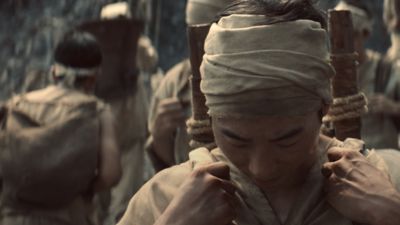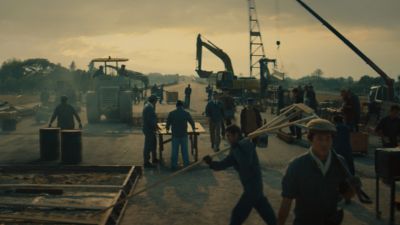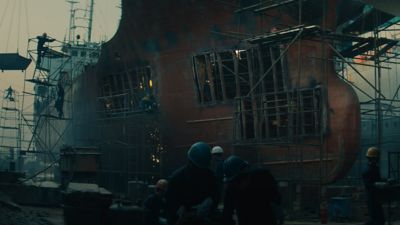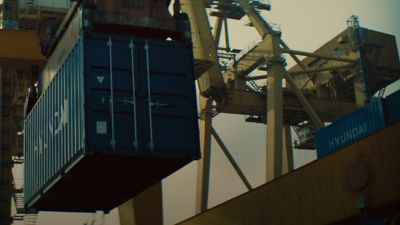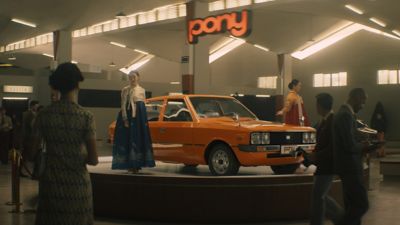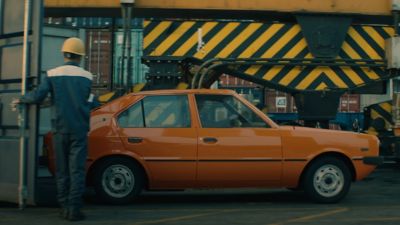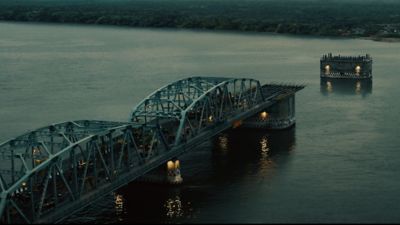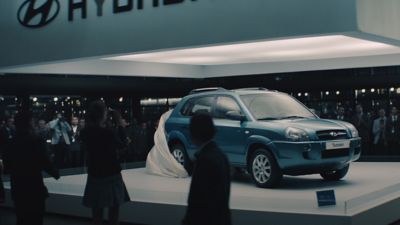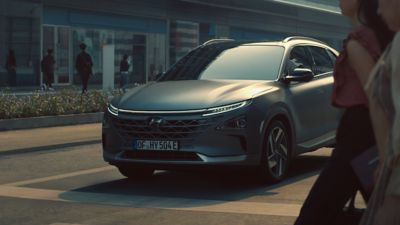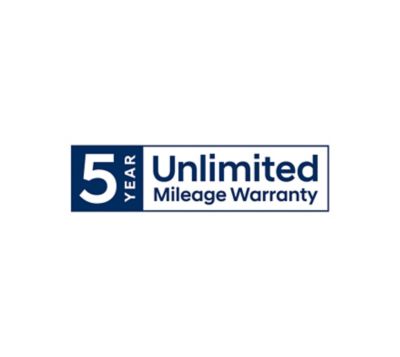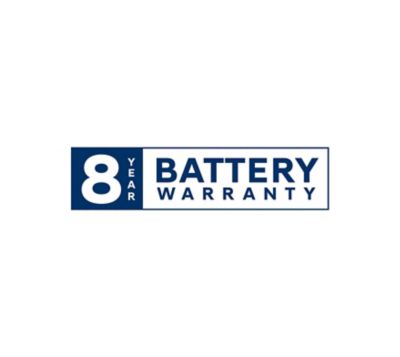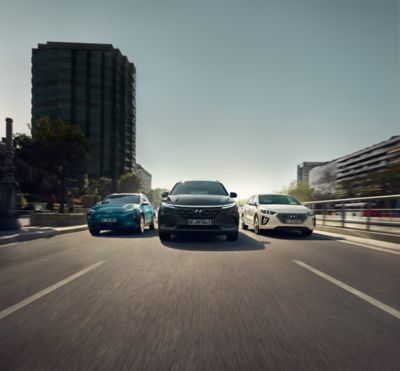
Next Awaits
The Progress Manifesto
The “can-do” spirit is at the heart of Hyundai’s heritage.
It’s the attitude of progressing, no matter what.
It's the persistent curiosity for what lies ahead.
Of always chasing the next.
What was once a man’s desire for better,
is today the ethos of an entire company.
We have come a long way.
And we won’t stop here.
Next Awaits.
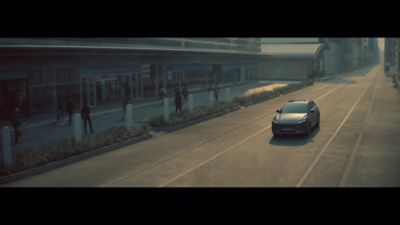
The Hyundai Story
The legacy of Hyundai told in nine parts.
Some make announcements. We build.
While some car brands just announce sustainable cars, Hyundai has already brought three zero-emission cars onto the road. Recently, we launched our next-generation Fuel Cell electric vehicle: the Nexo. We also introduced Europe’s first fully-electric sub-compact SUV with the Kona Electric. Furthermore, the new IONIQ Electric offers an extended driving range, reaching distances of up to 294 km. And we won’t stop here. Electric awaits. Next Awaits.
Warranty
Unlimited peace of mind comes as standard with your Hyundai. Not just because it's built to the highest possible quality standards – the 5-Year Unlimited Mileage warranty your Hyundai comes with is just as well put together.
*The Hyundai 5-Year Unlimited Mileage Warranty applies only to Hyundai vehicles that have been originally sold by an authorized Hyundai dealer to an end-customer, as set out in the terms and conditions of the warranty booklet. 8 years or 200.000 km warranty on vehicle battery unit. Local terms and conditions apply. Contact your official Hyundai dealer for further information.
